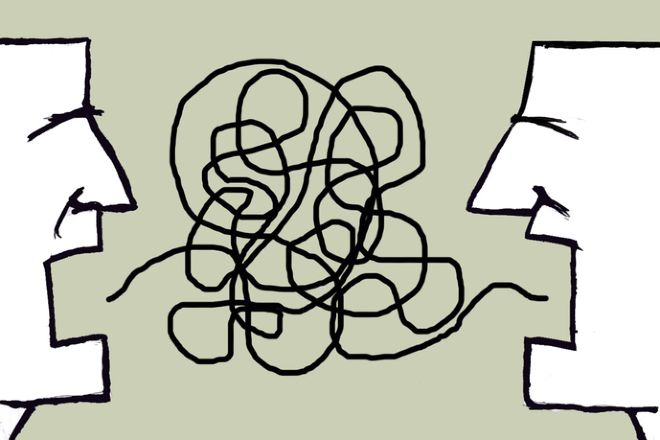This piece is a supplement to the feature article, “With Justice for All: Misconduct Investigations.” Three attorneys specializing in independent school legal issues discuss schools’ options in terms of investigations, pros and cons of different approaches, and key considerations, in a conversation moderated by Grace H. Lee, NBOA vice president, legal affairs.

Partner
Liebert Cassidy Whitmore

Regional Managing Partner
Chair Education Practice Group
Fisher Phillips

Senior Director
Co-Chair Education Law Group
McLane Middleton Law Firm

Vice President, Legal Affairs
National Business Officers Association
Grace H. Lee: When a school decides to conduct an investigation, how should it handle potential witnesses, both within the school and students and employees who may not be subject to the school’s policies?
Suzanne Bogdan: Witnesses will come from all parts of the school, employees, students, parents and administrators. In historical cases, you may get lots of names of potential witnesses, including people who may have been abused.
Some investigators (typically former prosecutors) will want to contact everybody, even if someone has been identified as a potential sexual abuse victim. Whether a school’s investigator should reach out to potential victims is an issue to be discussed with the board or school task force. Most advisors to schools on these issues take a different approach to avoid “re-victimizing” a sexual abuse victim. Rather than contacting victims, the school will send an outreach letter to its community that gives people the information they need to contact the investigator to relate their experience.
When taking this approach of sending an outreach letter, you should have a really good database. Schools have received severe criticism for using an alumni database that hasn’t been updated, so alumni don’t know about the opportunity to call to relate their experience. They can say, “You’re not doing enough to actually reach out to people.” There are companies that can help you get your database shored up.
When I am the investigator for a school, I call witnesses that have not been identified as a potential survivor, and I’ve never seen anyone offended by that. The school reaches out first to let the person know who I am and why I will be contacting him or her. I’ll reach out at most three times, which includes both calls and emails. I figure after that I won’t pursue it further. If they don’t want to communicate with me, that’s something I respect.
David Wolowitz: I would recommend schools look at their employment and student policies and make sure the handbooks include a duty to cooperate with investigations. Especially with students, this becomes significant. If a student is accused and his or her lawyer advises the student not to talk, that wouldn’t supersede the duty to cooperate in the handbook.
Lee: What are your thoughts in terms of trustees serving as witnesses. Does that create a potential conflict of interest?
Bogdan: In historical cases, where former students are serving on the board, these trustees may have knowledge of an accused individual’s behavior. They might “know something that everyone knew.” I would recommend that the trustee step away from the board while there’s any potential cloud. You don’t want it to appear you’re giving special consideration to someone in a trustee role, or the appearance of not being serious in an investigation.
Lee: Who would you include in the room during investigative interviews?
Bogdan: I don’t permit lawyers to be in the room when I’m interviewing for an investigation. I feel it adds an uncomfortable layer for everyone. I mean, lawyers don’t even like talking to lawyers. When your investigations get adversarial, they are done. You’re not going to be able to move forward. The lawyers have to sort things out on a legal level, rather than an emotional level.
Wolowitz: It’s a good idea to put in your handbook, “We don’t involve lawyers in the investigative or disciplinary process.”
Michael Blacher: It depends on the age of the child, but the older the child, generally, the more likely they won’t say anything with their parents there, especially if it’s something involving sex. You are not only less likely to get information, but the investigation itself may be called into question. People will say, “You relied on information provided with the parents present? Don’t you think kids might not be willing to admit certain things?”
Bogdan: If we bring the alleged victim’s parent in for the interview, we invite the alleged perpetrator’s parent too. We want to treat them in the same way. We tell all parents, “We’re not here to interview parents. We’re here to interview the student. If you interrupt or disrupt, we’re going to ask you to step out.” If they object, we say, “We will conclude the investigation and rely on information received from others.”



